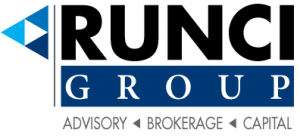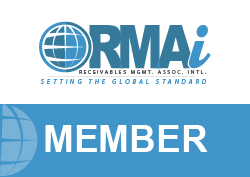Higher Ed Institutions should consider selling defaulted private student loans
Several technical and trade schools have recently sold large pools of defaulted private student loans. Faced with ever rising expenses and students, taking on increased student loan debt, more schools should be taking advantage of this largely under-utilized practice to return more dollars directly to their bottom-line from these zero-valued assets.
Recent sales activity suggests that there may be a gradual acceptance of this practice among several more progressive institutions. Debt sales have long been common in the financial services industry, particularly with credit card issuers. For schools holding defaulted accounts of all ages, a wealth of untapped revenue is easily accessible in today’s marketplace. Given changing market dynamics, interest in non-credit card receivables is rising rapidly.
Traditionally, the handling of defaulted loans is seen strictly as an additional administrative cost to the institution, ultimately recoverable by charging higher rates to all students over many years. Consequently, the incentive to address this issue is rarely significant enough to trigger any altered response. Schools simply continue to send letters and make phone calls, eventually referring accounts to traditional collection agencies and perhaps, attorneys in special situations, and accepting the recoveries, however marginal, that are received. Beyond that, accounts are often forgotten.
The benefits of selling defaulted private student loans can be substantial. Beyond the immediate cash infusion, the successful sale enables the following:
- Reallocation of staff to profitable/core activities;
- Elimination of liabilities typically associated with the handling of collection accounts both internally and externally;
- Guaranteed Recoveries;
- Returns exceeding traditional collection methods especially after factoring in the time value of money.
Sales can occur at various points in the account life cycle from pre write-off to 7-10 years from default depending on the circumstances. While there are advantages to each approach, selling defaulted accounts early in the cycle eliminates many of the administrative expenses and usually results in a better price. While conventional wisdom may suggest that price should be the dominant factor, schools also need to carefully consider the experience and track record of a potential partner when making a decision to sell.
An Advisor seasoned in these transactions can be an invaluable resource especially for those considering a sale of private student receivables for the first time or those re-entering the market after a long gap in participation.



